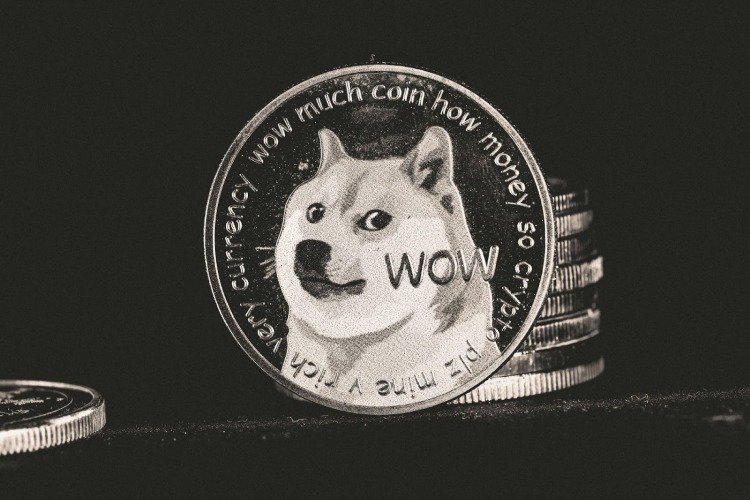Political Figures and the Rise of Meme Coins

Meme coins have long been a playful yet speculative sector of the cryptocurrency market, but their recent adoption by political figures has taken the trend to new heights. The latest buzz surrounds coins.meme’s new cryptocurrency, which follows in the footsteps of political meme tokens that have seen explosive price surges. Meme coins are generally considered to be short-term investments, allowing investors to make huge returns in a short period of time.
Notably, former U.S. President Donald Trump’s $TRUMP token skyrocketed in value within hours of its launch, while Argentina’s President Javier Milei backed the $LIBRA meme coin, which later collapsed amid controversy.
These developments highlight how political influence can fuel market speculation, but they also raise concerns about ethics, financial risks, and regulatory oversight. With the rise of government-linked meme coins, the debate over their legitimacy and impact on the broader crypto market is only just beginning.
Meme Coins as Political Tools
Unlike traditional cryptocurrencies that aim to solve financial or technological problems, politician-endorsed meme coins primarily serve as digital branding tools. These tokens are often driven by social media hype, attracting both dedicated supporters and opportunistic traders hoping to profit from price swings.
The Central African Republic (CAR), for instance, recently launched the $CAR meme coin as part of an initiative to integrate cryptocurrency into its national economy. While the project was marketed as a step toward financial innovation, critics argue that such initiatives may serve more as publicity stunts than sustainable economic strategies.
Regulatory and Ethical Dilemmas
The rapid proliferation of politician-linked meme coins underscores the urgent need for clear regulations to protect investors and maintain the integrity of both political and financial systems.
Unlike established financial markets, meme coins operate with minimal regulatory oversight, making them susceptible to manipulation, insider trading, and pump-and-dump schemes.
Governments and financial regulators have started scrutinizing these projects, fearing that they could be used for illicit activities, including political fundraising, money laundering, or even international influence campaigns. If more politicians enter the crypto space, it could accelerate regulatory crackdowns on meme coins and decentralized finance as a whole.
Market Volatility and Investor Risks
The rapid rise and fall of politician-backed meme coins make them highly volatile investments. Prices can soar overnight due to social media hype but crash just as quickly when interest fades or controversies emerge. For retail investors, these tokens present substantial risks, particularly for those who buy into the hype without understanding the speculative nature of the market.
Additionally, the success of a politician-linked meme coin is often tied to the public perception of the figure endorsing it. Scandals, political shifts, or negative news can directly impact the value of these coins, making them an unpredictable and unstable asset class.
What’s Next for Political Meme Coins?
As more politicians experiment with cryptocurrency, the trend of meme coin endorsements is likely to continue. However, whether these projects represent legitimate financial innovation or fleeting political gimmicks remains an open question. The future of these tokens will depend largely on how regulators respond and whether political figures can navigate the fine line between engagement and financial exploitation.
For now, meme coins remain a high-risk, high-reward space, and their intersection with politics only adds another layer of unpredictability.